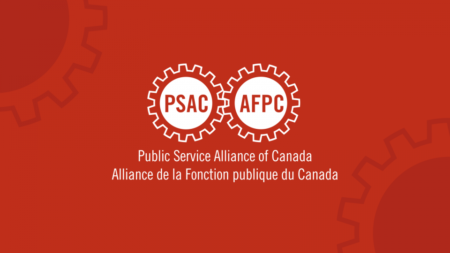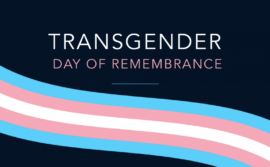The recently released report by the Office of the Languages Commissioner of Nunavut highlights the continued failure of the federal government to fulfill its legal and moral obligation to provide services in Indigenous languages in Northern Canada.
In Nunavut, as well as the Northwest Territories and Yukon, recognizing and supporting Indigenous languages is essential for reconciliation. These languages are central to Inuit and First Nations identity and culture and are spoken every day in many communities. Some territorial governments already provide services in, and allowances for, Indigenous language speakers. Federal workers shouldn’t be left behind.
Language plays an important role in building relationships and strengthening community bonds. When Indigenous languages are recognized and used by public institutions and in everyday life, they reinforce the social fabric of Indigenous communities and affirm that Indigenous cultures and languages are valued, vital parts of Canada’s cultural heritage.
This recognition contributes to a more inclusive and equitable society, fostering mutual respect and understanding.
Moving forward, it is critical for the federal government to address ongoing shortcomings and fulfill its obligations. PSAC reiterates the call for the federal government to introduce an Indigenous languages bilingual allowance. This measure will help ensure the staffing resources needed to address these shortcomings while at the same time recognizing the importance of Indigenous languages.
A commitment to Indigenous language is not only a moral responsibility under the United Nations Declaration on the Rights of Indigenous Peoples, but also a crucial step toward meaningful reconciliation.
This article was first posted on the PSAC website.




